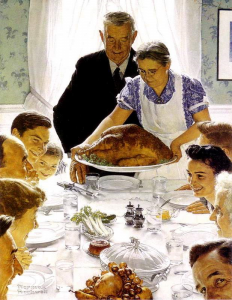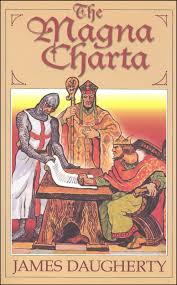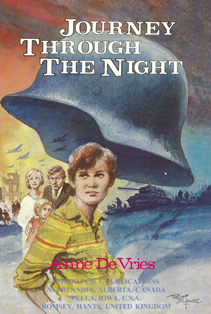
What happens when Miss 13 reads a craft book
We had our annual Reading Week, and it was such a joy! In one sense it’s a week off from regular schoolwork, and we enjoyed that. Not that schoolwork didn’t get done; Miss 15 did a lot of it, and I took advantage of the breathing space to plan ahead a bit. Also, our three-week FutureLearn Dutch course has ended, and it was a pleasant change for the girls, an effective review, and a great introduction to other resources for learning about the Netherlands.
Getting back to Reading Week: Miss 13 read Martha Stewart’s Favorite Crafts for Kids and did some crafts; she also read Louis L’Amour’s books—there are, unfortunately, language issues as well as violence issues. Miss 15 really enjoyed The Dorito Effect, sharing tidbit after tidbit with us. Now she’s exploring another pile of non-fiction books and has pulled out The Other 8 Hours. We finished our read aloud The Mouse on the Moon (a spoof on the space race and American-USSR relations half a century ago, and started Pegeen and the Pilgrim, a historical novel about the beginnings of the Stratford Festival. And in our Bible reading we are still in Isaiah; when my husband is home for meals, we read Romans.
This is the first Reading Week that has not involved a lot of fiction. Even Asterix has been ignored! Instead, I got dozens of non-fiction books from the library and used the old homeschooling principle of leaving some good books lying around, sometimes known as strewing. It always works. The girls looked through the piles, tried something here and there, and then settled on a book or two for some serious reading.
For me this has turned out to be music week as well. As I’m writing this I’m listening to All Of Bach’s latest recording over and over. We began the week attending an Evensong in which a friend of ours sings. Amazing! Then, a few days ago, I was treated to a tiny private concert by an accomplished pianist. So wonderful! Later, listening to Bach’s 8 Little Preludes and Fugues on YouTube, I slipped away from the kitchen to follow along in my sheet music…and I burned our supper. Sigh! I spent some blissful hours playing organ myself, finding the hymns of the Evensong and branching out from there. And then there was listening to Johnny Cash with my husband and to Gershwin for the girls’ music history course.
Last weekend a special conference in Ottawa, Dig and Delve, dealt with many current hot button issues—from creation theories to sanctity of life matters—at a level suited to college students. It was very worthwhile, and when the conference videos become available I will let you know. They will be of interest to upper level high school students as well as adults.
As for my personal reading: I finished 2 Chronicles which coincided, providentially, with what we are reading in Isaiah, and started Ezra which tied in with Miss 13’s ancient Mesopotamia studies. I also read a few practical home and self-management books: How to have a 48 Hour Day, 31 Days to a Clutter Free Life, I Know How She Does It, and How to Handle 1000 Things at Once. Do you notice a bit of a theme there? As life gets fuller and fuller, I am trying to become more and more effective and such books help. The reading time invested, often while on the treadmill or waiting for an appointment, can make a huge difference even if I learn (or relearn) only one or two practical tips from each book. Besides, each of the authors is a positive, inspiring person and it’s good to hang around with such people.
Worthwhile links: This week, two quotations about gratitude from Ruth Soukup’s newsletter:
“Brene Brown once noted that “what separates privilege from entitlement is gratitude.” Along those same lines, Dietrich Bonhoeffer wrote, “In ordinary life we hardly realize that we receive a great deal more than we give, and that it is only with gratitude that life becomes rich.”
If your life is hard and you are having trouble being grateful, do read One Thousand Gifts by Ann Voskamp. I have not read a more powerful story of brokenness healed by gratitude than this one.
—
If you want to see more helpful and interesting links throughout the week, follow me on Google Plus.
This post is linked to Kris’s Weekly Wrap Up and Finishing Strong.




